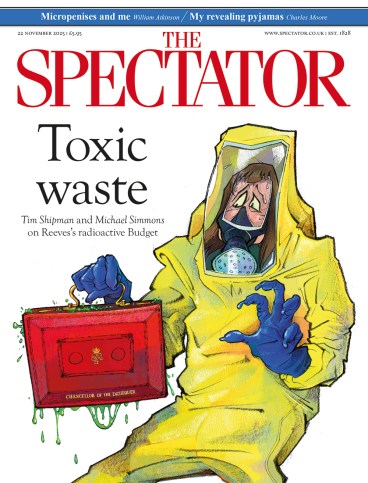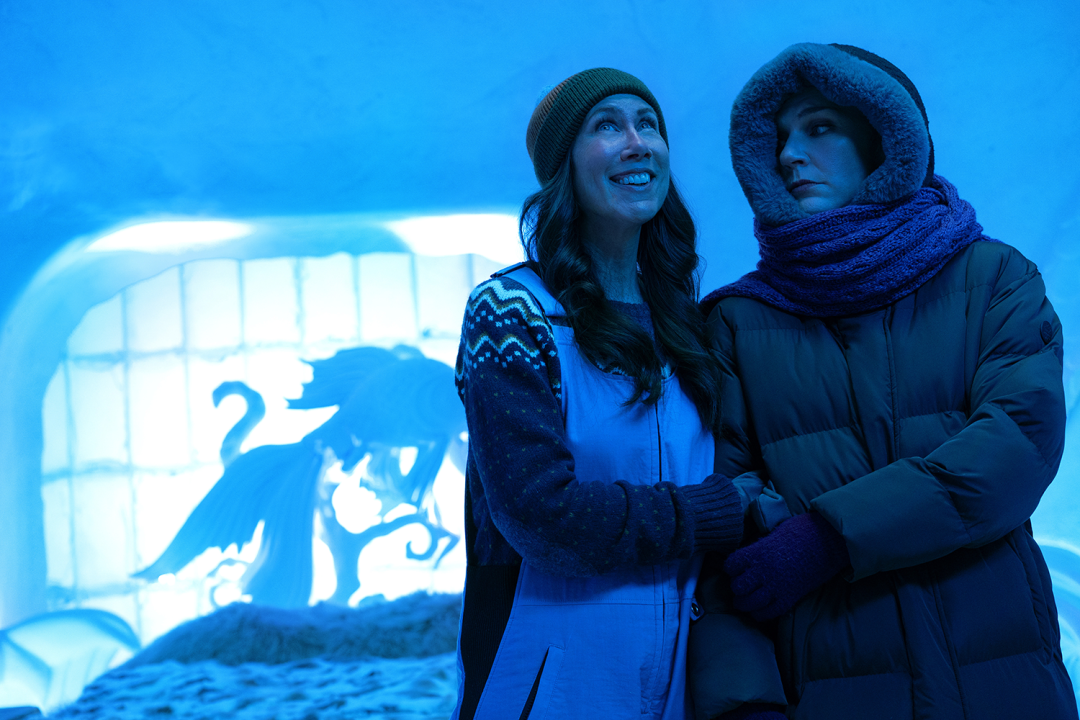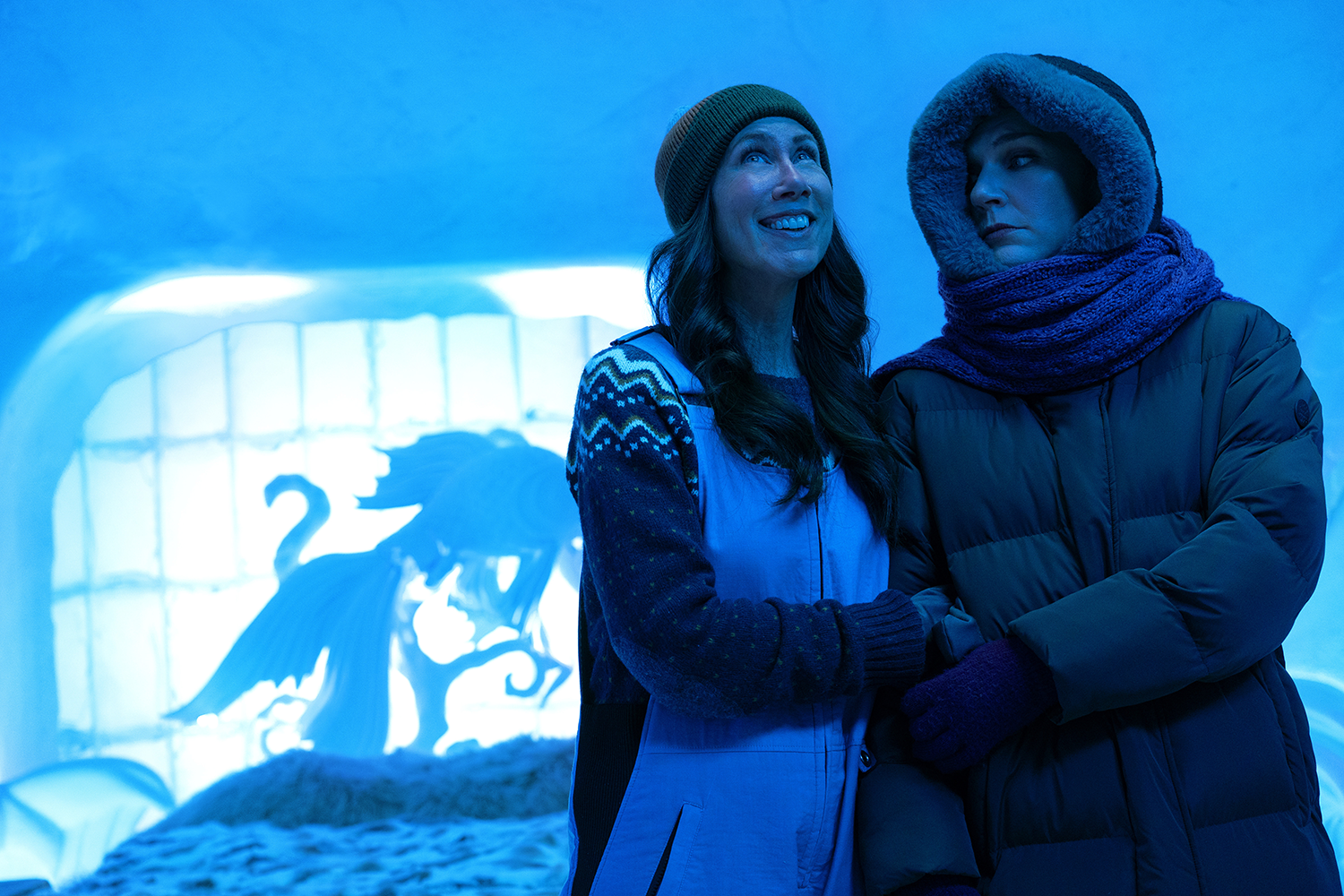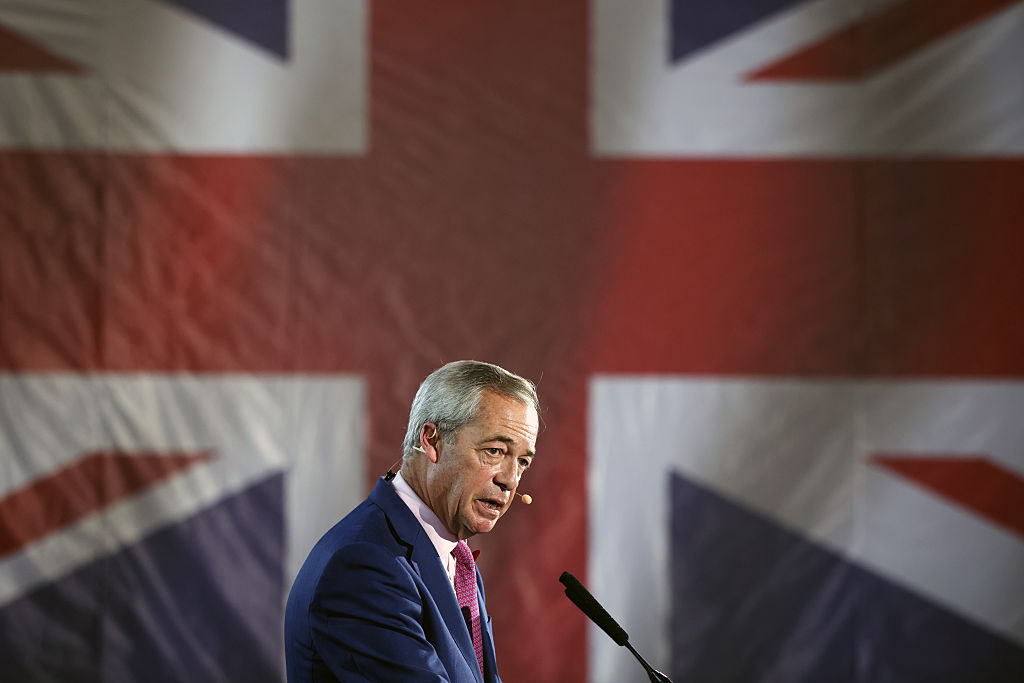
Pluribus is another drama set in the dystopian future. But on this occasion the integrity of the entire human race depends not on someone ordinary and likeable who could almost be you, but on a bolshie, misanthropic middle-aged lesbian called Carol.
Carol (Rhea Seehorn from Better Call Saul) is so grumpy that when in flashback we see her wife Helen treating her to an expensive jaunt to a romantic ice hotel in Scandinavia, she refuses to snuggle beneath the fur bedspread, sip designer vodka and gaze at the Northern Lights above. Instead, all she wants to notice is that sitting on a bed made of blocks of ice makes her want to pee.
But now Helen is gone and Carol is one of only 12 people in the entire world who remain normal. Everyone else has fallen victim to some weird virus from outer space which imprisons humanity in a super nice, cooperative and omniscient hive mind of benign collectivism, a bit like communism if it actually worked. All anyone wants is to make Carol happy. Carol just wants her old world back.
I would say it’s a neat idea, except it’s not. If it hadn’t been written by Vince Gilligan (creator of the I now think a tad overrated Breaking Bad) I doubt it would have been green-lit. Problem one: who wants to waste hours in the company of a heroine so unredeemably sullen, cantankerous and selfish? At one point, she discovers that whenever she has a major strop millions of newly hypersensitive humans die. Her response to this, pretty much, is to shrug her shoulders and carry on being vile.
This might not be a dealbreaker were Carol fighting our cause against a sufficiently hateful enemy. But the threat in Pluribus, at least after three episodes, is too whimsical, too benign and unsinister. Apart from the fact that everyone has gone veggie, what exactly is there not to like about a world of universal altruism and love? Doesn’t it just make Carol look churlish? Joyless and unimaginative, too. She’d have much more fun if she followed the example of another of the surviving 12 – Mauritanian playboy Koumba Diabaté (Samba Schutte) – who has commandeered Air Force One as his private jet, and surrounded himself with an entourage of willing supermodels.
When it gets quirky and playful, as in the Diabaté scenes, it almost comes alive. But most of the time it’s too busy being ponderous, dry, uncertain of tone (the black comedy isn’t funny enough; the dark bits aren’t dark enough; the moral message is incomprehensible) and hinting at depths it resolutely fails to fathom. It’s also so slow and meandering it makes Westworld look pacy and tight. The people giving it rave reviews on Rotten Tomatoes and IMDb must have watched a different TV show.
You’re much better off with Death By Lightning. It tells the stranger-than-fiction story of America’s shortest-termed president James Garfield (Michael Shannon) and of the man who shot him, a seedy, shiftless, petty criminal called Charles Guiteau (Matthew Macfadyen). Both names are now remembered almost by nobody, which seems jolly unfair, at least in Garfield’s case, because it looks as if he was set to become America’s greatest president.
Decent, brave, honourable, principled, Garfield was an Ohio lawyer, farmer, ordained minister, Civil War general and congressman, who only became president by accident. At the 1880 Republican national convention there was deadlock between the two main candidates, so Garfield – who had unwittingly impressed everyone with an impassioned speech – was voted in, quite against his will, as a compromise.
Macfadyen is deliciously watchable as his assassin Guiteau, investing him with the same loveable hatefulness that he brought to Tom Wambsgans. Guiteau is a weasel, thief and loser. But you can’t not be riveted, almost charmed, by the invincible optimism of his wholly unmerited self-belief.
Heaven knows what liberties the series has taken with the historical facts but it’s hugely entertaining. The period settings – Chicago in the 1880s; the Ohio farmstead; a bar where the entertainment comprises two scantily clad women in a boxing match, etc. – look and feel right. It has pace, strong characters, witty dialogue, colour, dramatic shape. Vince Gilligan has a lot to learn from it.









Comments